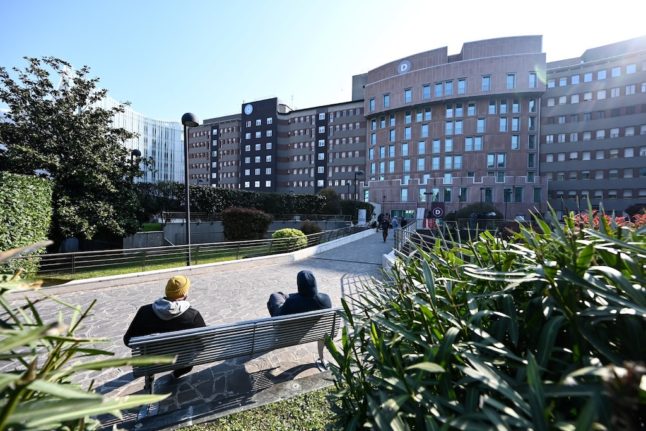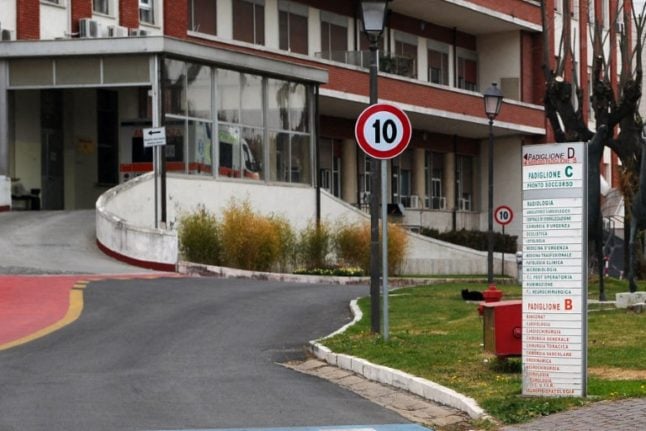If you move to Italy as a foreign national, registering with the country’s national health system (Servizio sanitario nazionale, or SSN) is probably one of the first things you’ll want to do.
If you fall into the category of foreign resident that’s eligible for ‘mandatory’ registration or registration-by-right (iscrizione obbligatoria), which includes employees of Italian companies, the self-employed, and those on family permits, among other groups – then good news! You can register with the SSN for free.
If you don’t, however, you can still register with the system on a voluntary basis (iscrizione volontaria) – but will have to fork over some cash to do so.
Until recently, the annual charge for voluntary registration with the SSN depended on your income, and ranged from anywhere from €387.34 to €2,788.87.
A recent change made by the Italian government in its 2024 budget law changed the amount to €2,000 (with a discount for students and au pairs), meaning most people will pay more than they have in the past.
How to pay the fee
You’ll pay your registration fee at the same time as you register with your local health authority (azienda sanitaria locale, or Asl, pronounced AZZ-luh).
Here’s where things get a little complicated. In Italy, healthcare is managed on a regional basis, so things vary significantly from region to region and, very often, from town to town.
What you can be certain of is that you will need to make at least one in-person visit to your Asl office, and probably multiple visits, before you manage to complete the registration process (find your nearest Asl here).
READ ALSO: Tessera sanitaria: How do you apply for or renew your Italian health card?
On your first visit you’ll find out exactly which documents your particular Asl requires. At this point you may also find out the exact amount you need to pay – which will differ from most people’s if you’re a student or au pair – or you may be asked to return with further documentation such as your most recent tax return.
Once you know how much you have to pay, you’ll need to fill out an F24 tax form at a post office or bank, making the payment out to your regional health authority (your Asl will give you the payment details). Make sure to hold on to the receipt – you’ll need this when you return to complete your registration.
Alternatively, the Italian health ministry’s website says some Asl will allow you to make the payment directly by bank transfer – so it’s always worth asking if this is an option.
Once you’ve paid the registration fee, you’ll return to the Asl with your receipt (if applicable), and all other required documentation, including your Italian tax code, residency permit, ID document, certificate of residence, or a self-declaration of residence, and anything else you’ve been told to bring.
With any luck, at this point you’ll be issued with a receipt of your registration with the SSN, which you can use as proof of registration while you wait for your tessera sanitaria – Italian health card – to be mailed to your home address.
Bear in mind if you’re registered with the SSN through iscrizione volontaria, you’ll likely need to make an annual in-person visit to the Asl to renew your registration.



 Please whitelist us to continue reading.
Please whitelist us to continue reading.
The Regione Toscana interprets the new law to mean that you need to do the calculation based on the percentages of your income, and that you will pay at least €2000, but more up to the old maximum if your income warrants it.